|
|
|
|
Heatwaves, hurricanes, melting glaciers and even a worldwide lockdown weren't good news stories in 2020. But there were more positive stories too, if you knew where to look.
Various lockdowns, for instance, showed that when it comes to it we can radically change our behaviour at short notice. Back in March, researchers found that electricity demand on weekdays had turned into weekends, with fewer demand spikes and less need to fire up coal power plants.
The drop in commuting may have cut car journeys but it also left public transport in trouble. While this could hasten a switch to private transport, 2020 also saw many developments in sustainable mobility, including more bike lanes and new charging infrastructure. One professor of urban futures saw this year as a sort of gigantic experiment, a glimpse at how we could eventually build sustainable cities after the
crisis.
Small-scale solutions to tackle climate change have advantages, including faster deployment and none of the inertia associated with big infrastructure projects. Want to help the climate in a small way this winter? Avoid pubs or gardens that use gas-powered outdoor heaters or ask them to switch to more efficient and better targeted infrared heaters.
On a much bigger scale, researchers looked at what the rest of the world could learn from the rapid growth of solar power in China or energy efficient lighting in India (spoiler: strong state support and close ties between industry and academia). And a wind power expert wrote about how to make floating wind farms a reality.
And thinkng more about sustainable energy: one of the world's largest battery storage projects will soon be built. At the other end of the scale, bacteria could revolutionise electricity production – in some instances doing so through their use of positive energy.
|
Will de Freitas
Environment + Energy Editor
|

|
|
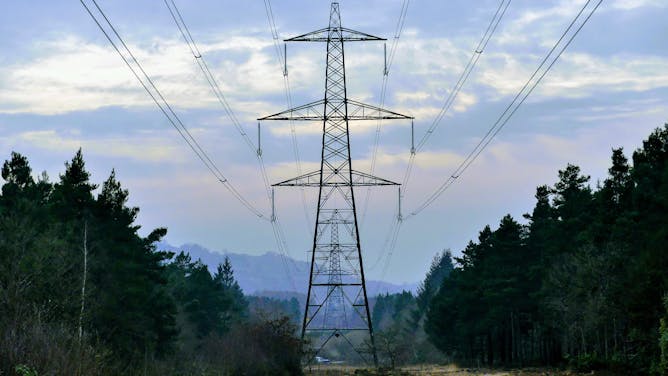
dcurzon / shutterstock
Grant Wilson, University of Birmingham; Noah Godfrey, University of Birmingham; Shivangi Sharma, University of Birmingham; Tom Bassett, Swansea University
Three ways coronavirus is already impacting Britain’s energy systems.
|
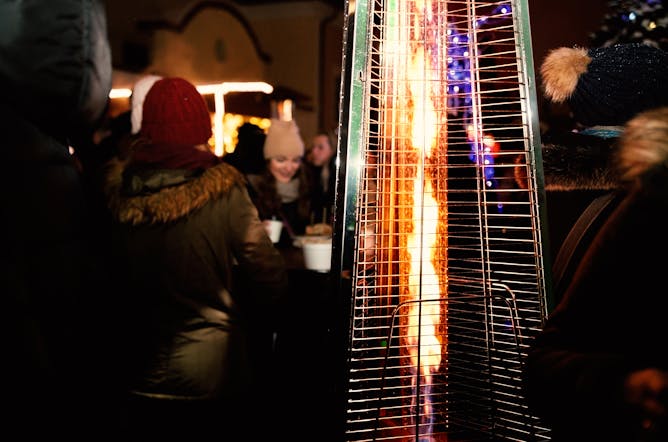
Yuliya Yesina / shutterstock
Sharon George, Keele University
This winter will see more outdoor socialising than ever before.
|
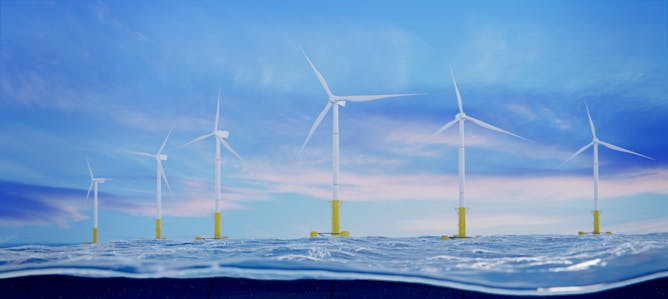
Vismar UK/Shutterstock
Susan Gourvenec, University of Southampton
More than 80% of the world's offshore wind blows further from land than conventional wind farms can reach.
|

Jackie Niam/Shutterstock
Godfrey Kyazze, University of Westminster
Some microbial groups could be using positive energy to influence their metabolism.
|
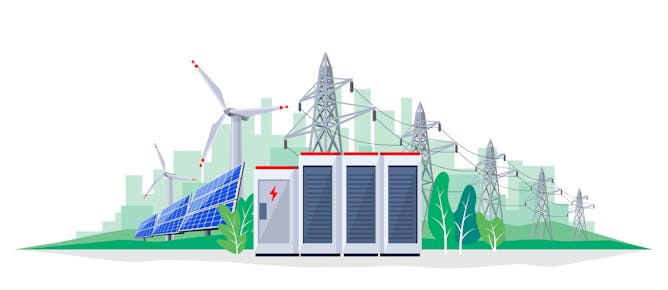
petovarga / shutterstock
Andrew Cruden, University of Southampton
A planned battery project in Essex will be ten times larger than the UK's current biggest battery.
|
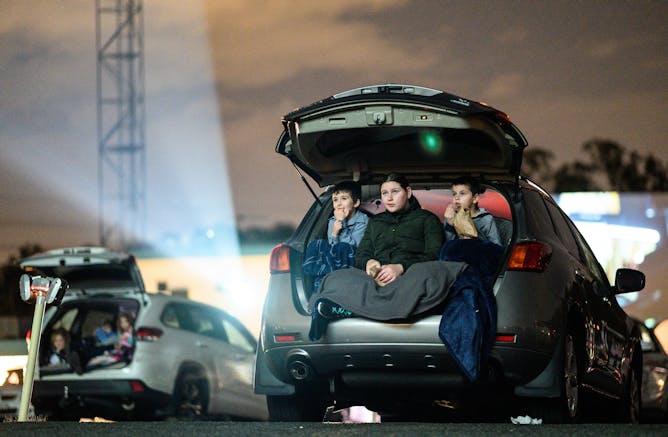
A family enjoy a film at a new drive-in cinema in Blacktown, New South Wales, Australia.
EPA-EFE/JAMES GOURLEY
Enrica Papa, University of Westminster; Nicole Badstuber, UCL
The pandemic has forced many people to shift from public transport to car travel. But is this likely to be permanent?
|
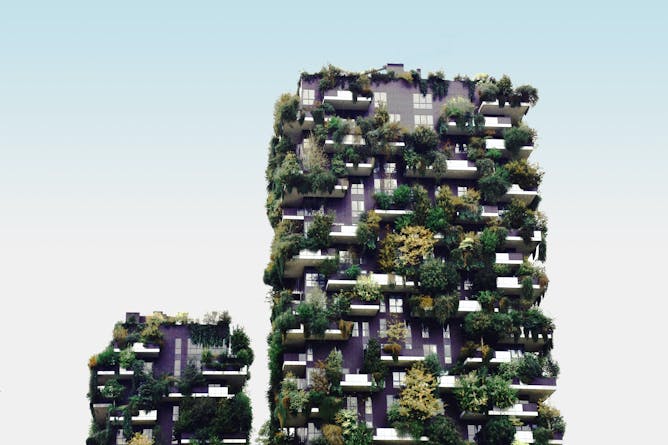
Daryan Shamkhali/Unsplash
Paul Chatterton, University of Leeds
We can lock in these changes to build sustainable cities out of the coronavirus crisis – here's how.
|
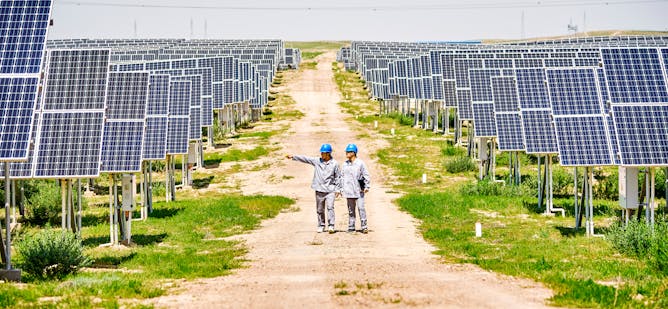
Jenson / shutterstock
Radhika Khosla, University of Oxford; Ajinkya Shrish Kamat, Massachusetts Institute of Technology; Venkatesh Narayanamurti, Harvard University
Our research identified three key lessons.
|
| |
Featured events
|

|
East Road, Cambridge, Cambridgeshire, CB11PT, United Kingdom of Great Britain and Northern Ireland — Anglia Ruskin University
|

|
Online, York, York, YO10 5DD, United Kingdom of Great Britain and Northern Ireland — University of York
|

|
East Road, Cambridge, Cambridgeshire, CB11PT, United Kingdom of Great Britain and Northern Ireland — Anglia Ruskin University
|

|
Lecture Theatre 1, Richmond Building, Portland Street, Portsmouth, Hampshire, PO1 3DE, United Kingdom of Great Britain and Northern Ireland — University of Portsmouth
|
|
|
|
| |
| |
| |
| |
| |
|
|
|
|
|
|
|